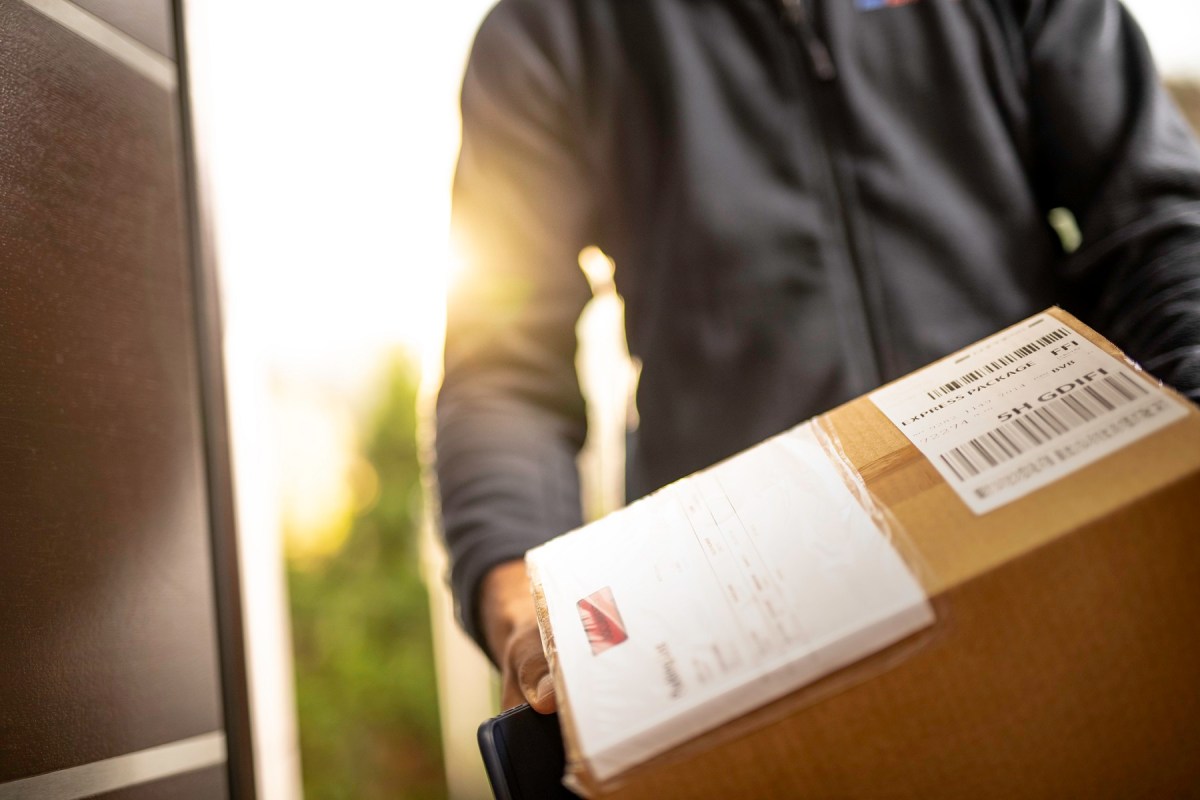In today’s world, where environmental concerns are at the forefront of public discourse, businesses have a significant role to play in minimising their ecological footprint. One area where sustainability is becoming increasingly important is last mile delivery – the final step in the delivery process from retailer to consumer.
This is often the most expensive and time-consuming part of the delivery process, as it involves navigating complex logistics to get the package to its final destination into the hands of the shopper. Sustainability is crucial in last mile delivery due to its significant environmental impact, including greenhouse gas emissions and packaging waste. As online shopping grows – Shippit powered 42 million deliveries in 2022, a significant increase on pre-Covid levels – more deliveries increase this impact.
How can Australian eCommerce retailers prioritise sustainability in their last mile delivery operations?
Create Micro Fulfilment Centres
Micro fulfilment centres offer a game-changing approach to the last mile delivery process. Strategically incorporating microfulfilment centres into their delivery network enables ecommerce retailers to contribute towards sustainability targets. Shorter distances travelled result in reduced fuel consumption and carbon emissions, aligning your business with eco-friendly practices and meeting the demands of environmentally-conscious consumers. Locating these compact, automated warehouses in urban areas, retailers can drastically reduce transit distances and streamline operations. The close proximity of microfulfilment centres to customers enables faster order processing, shorter delivery times, and an overall improvement in the customer experience.
Consider carriers who use electric vehicles
Collaborating with carriers that employ electric vehicles is a great way for eCommerce retailers to prioritise sustainability in last mile delivery. By partnering with such carriers, retailers can make a substantial impact on reducing the environmental footprint of their deliveries. Electric vehicles produce zero emissions during operation, effectively minimising carbon emissions. Several courier companies in Australia have already embraced electric vehicles for last mile delivery, including many in our network, and the trend is expected to grow as the technology becomes more accessible. This proactive approach not only contributes to mitigating climate change but also sets an example for other companies to adopt sustainable practices in their delivery operations.
Optimise your shipping and delivery
By implementing efficient logistics strategies and utilising software tools for analysis, eCommerce retailers can identify bottlenecks, minimise delays, and enhance overall operational efficiency. This optimisation helps to reduce the number of kilometres travelled by parcels, subsequently reducing emissions and fuel consumption. By selecting the most suitable carrier for each leg of a parcel’s journey and continuously monitoring performance, retailers can ensure streamlined operations, timely deliveries, and a reduction in unnecessary vehicle movements. This results in a more sustainable and environmentally conscious last mile delivery system that saves both time and resources while reducing carbon emissions.
Partner with technology that prioritises a greener last-mile
Establishing partnerships with technology providers that actively address waste and inefficiencies in the process is a strategic way to achieve sustainability in last mile delivery. By leveraging advanced tracking and coordination systems, retailers can gain real-time visibility into the location and trajectory of delivery vehicles. This knowledge enables carriers to avoid duplicating routes or unnecessarily circling around the same suburbs for item delivery.
By optimising route planning and minimising unnecessary travel, technology solutions facilitate the reduction of vehicles on the road, leading to a decreased carbon footprint. Additionally, these technologies provide customers with sustainable delivery options at the checkout, aligning with the growing demand for eco-friendly practices. Ultimately, by partnering with such technology, eCommerce retailers can streamline their last mile operations, enhance efficiency, and contribute to a more sustainable future.
Embracing sustainable practices is a vital step for businesses aiming to contribute positively to the environment while reaping economic benefits. By reducing environmental impact, conserving resources, and minimising waste generation, sustainable practices promote a greener future. As sustainability becomes an increasingly influential factor in consumer decision making, retailers that incentivise greener choices stand to gain a competitive edge while making a significant contribution to a more eco-friendly world.
Rob Hango-Zada is co-founder and co-CEO of Shippit.

